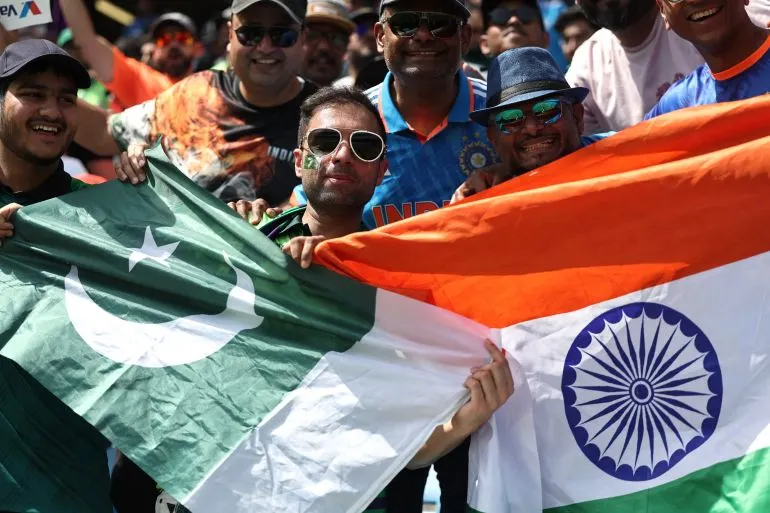
The Supreme Court of India has declined an urgent Public Interest Litigation (PIL) seeking the cancellation of the India vs Pakistan Asia Cup T20 match scheduled for September 14 in Dubai. The bench, comprising Justices J.K. Maheshwari and Vijay Bishnoi, ruled that there was no urgency warranting judicial intervention, effectively allowing the match to proceed as planned.
The PIL, filed by four law students, argued that playing against Pakistan shortly after the Pahalgam terror attack, which killed 26 civilians, would undermine national sentiment and public dignity. The petitioners contended that the match would be insensitive to the sacrifices of those affected by the attack and could send the wrong message domestically and internationally.
However, the Supreme Court questioned the urgency and relevance of the matter. Justice Maheshwari emphasized that the match is a scheduled sporting event and that there was no immediate threat or violation of law that would justify cancelling it. The bench noted that India’s participation in multi-nation tournaments, including facing Pakistan, falls within the purview of sports authorities and not the judiciary.
In the run-up to the match, discussions around security, national sentiment, and the historical rivalry between the two cricketing nations have dominated headlines. Despite these debates, the government and sports authorities maintained that there were no restrictions preventing India from competing against Pakistan in tournaments like the Asia Cup. Bilateral series remain a separate issue, and the decision does not affect India’s long-standing stance of not playing bilateral matches against Pakistan.
Former India captain Kapil Dev reacted to the court’s decision, urging players to focus on cricket and avoid being distracted by external controversies. He stressed that the responsibility of the team is to perform on the field and that they should channel all energy into preparation and strategy for the match.
With the legal challenge dismissed, India and Pakistan are now set to meet on September 14 in Dubai as planned. The decision provides clarity and allows both teams to prepare without uncertainty, focusing on what is widely anticipated to be a high-intensity clash. The Supreme Court’s ruling reinforces the separation between legal matters and the scheduling of international sporting events, leaving the onus on cricket boards and authorities to manage logistics, security, and player readiness.
For fans and players alike, the ruling ensures that anticipation for the marquee encounter will continue to build uninterrupted. Both teams can now channel their attention toward tactics, squad selection, and match-day execution, while the broader cricketing community prepares for one of the tournament’s most eagerly awaited fixtures.
12BET Shortlisted for Sportsbook Operator of the Year at SBC Awards 2025

